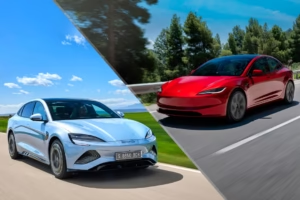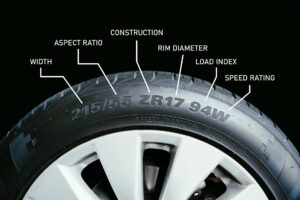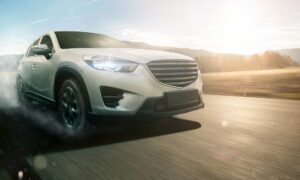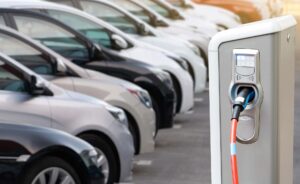If you’re thinking about getting a hybrid car or already own one, you might be wondering: Can a hybrid car run on gas only? It’s a fair question, especially if you’re planning a long road trip or just aren’t sure how the hybrid system works. In this post, we’ll clear up any confusion and explain how hybrid cars use gas and electricity to keep you on the road. Let’s dive in!
Yes, a hybrid car can run on gas only. Hybrid vehicles are designed to switch between electric power and gasoline, so if the battery runs out of charge, the gas engine will take over to keep the car moving.
Understanding How Hybrid Cars Work
A hybrid car combines a gasoline engine with an electric motor to power the vehicle. The goal? To optimize fuel consumption and reduce emissions. Hybrid technology has advanced significantly over the years, aligning with the overall evolution of cars as manufacturers work to meet the needs of environmentally conscious drivers.
How the Gas Engine and Electric Motor Work Together
Hybrid vehicles seamlessly alternate between gas and electric power, depending on driving conditions. This smart transition is what sets hybrids apart from traditional vehicles and highlights how hybrid cars save fuel compared to gasoline-only models.
At low speeds or in stop-and-go traffic, the electric motor takes the lead, doing most of the work. This is because electric motors are highly efficient in these conditions and help conserve fuel by reducing reliance on the gasoline engine.
At higher speeds or under heavy loads, the gasoline engine steps in to provide the extra power needed to maintain performance. The gas engine ensures that the car accelerates smoothly and can handle long-distance drives with ease.
How Regenerative Braking Enhances Efficiency
Regenerative braking is another standout feature in many hybrids. When you slow down or apply the brakes, the car captures some of the energy that would otherwise be lost as heat. This energy is converted back into electricity to recharge the battery, helping to extend the electric-only range and improve efficiency.
The adaptability of hybrids is what makes them so appealing to drivers with different needs. For those primarily commuting in urban settings, the electric motor shines, keeping fuel costs to a minimum.
However, for road warriors tackling long highway stretches or unpredictable terrain, the gasoline engine serves as a dependable fallback. This dual-power system ensures that hybrid cars aren’t just fuel-efficient but also incredibly versatile, capable of handling daily errands, long-distance trips, and unexpected conditions with ease.
Did you know that Over 17 million hybrid vehicles have been sold worldwide since their introduction, with sales growing steadily every year?
Additionally, many hybrid models now feature intelligent systems that monitor energy usage in real-time. These systems optimize the switch between the electric motor and gasoline engine, making hybrids smarter and more efficient. Innovations like predictive energy management ensure that drivers maximize fuel savings without even thinking about it. Whether you’re navigating a congested city or coasting down the highway, hybrids adapt seamlessly, making them a practical choice for modern lifestyles.
This blend of power sources creates a dynamic system where both gas and electricity work together, depending on the driving situation. It’s a perfect example of how technology in cars that changed the world has evolved to meet modern demands. By using this combination, hybrid vehicles achieve better fuel economy, ultimately reducing your trips to the pump and helping you save money over time.
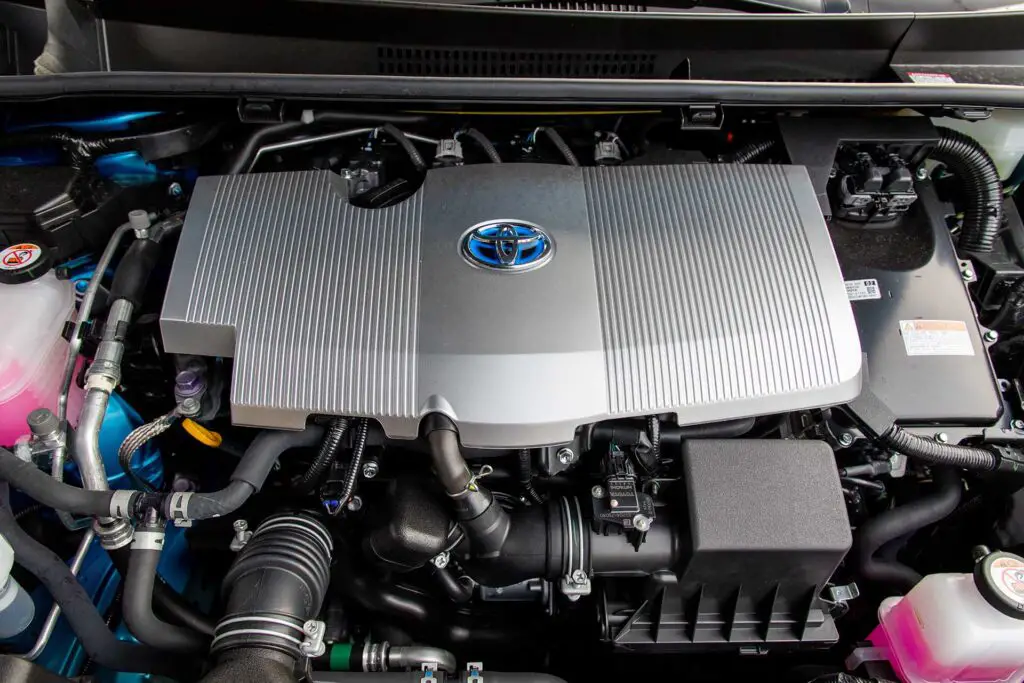
Can a Hybrid Car Operate on Gas Alone?
If the battery in a hybrid car runs out of charge, it’s not the end of the road. Unlike fully electric vehicles, hybrid cars are designed to keep running on gasoline alone. The gas engine takes over, ensuring you can continue driving without interruption. Some models, like the Honda CR-V Hybrid, perform exceptionally well in these situations, offering reliable fuel economy even when relying more heavily on the gas engine. There are several scenarios where a hybrid car might operate solely on gasoline:
- Low battery – If the battery level drops below a certain threshold, the gas engine powers the car.
- Long drives -During extended trips, the electric motor may be used up, especially in hybrids with limited electric range.
- Cold weather – Batteries tend to lose efficiency in extremely cold temperatures, causing the gasoline engine to take over.
Does Driving on Gas Only Affect Performance?
While a hybrid car can run on gas alone, it won’t be as fuel-efficient as when it’s using both power sources. The electric motor is there to reduce fuel consumption, so relying solely on the gasoline engine means you’re missing out on the fuel savings hybrids are known for.
However, even in gas-only mode, hybrids still tend to outperform many traditional vehicles in terms of fuel economy. It’s one of the ways hybrid cars save money over the long run. Lower fuel costs can offset the typically higher purchase price of hybrid models.
Long-Term Effects on the Hybrid System
Relying on the gasoline engine for extended periods isn’t inherently harmful to the vehicle, but it does place more strain on the gas engine over time. This added workload can increase the wear and tear of key components, potentially leading to the need for more frequent maintenance.
Regular upkeep, such as timely oil changes with the best engine oil, ensures the engine remains in good condition. However, prolonged reliance on gasoline alone can also contribute to issues that can lead to some costly car expenses if left unchecked.
To keep your hybrid performing at its best, balancing gas and electric usage is essential. By maintaining this balance, you reduce the long-term strain on the gasoline engine while maximizing the efficiency that hybrids are known for.

When Would You Need to Drive on Gas Only?
If you don’t have access to charging stations, or if your hybrid is the type that charges itself rather than plugging in, you’ll rely more heavily on gasoline. This is especially true in areas where public charging infrastructure is still developing.
Long Road Trips and Highway Driving
Hybrids are great for road trips because of their fuel efficiency. However, on extended highway drives, the electric battery often drains more quickly. At this point, the gas engine takes over, ensuring you don’t run out of power. For travelers, the best cars for road trips often include hybrids because they strike a great balance between efficiency and comfort. Some hybrids have long ranges and offer impressive gas mileage, making them ideal for long journeys where charging isn’t an option.

Tips to Keep Your Hybrid Running Smoothly
To get the most out of your hybrid, it’s important to find a balance between gas and electric power. Driving gently and avoiding aggressive acceleration can help keep the electric motor engaged for longer, which not only conserves fuel but also reduces strain on the gas engine. Take advantage of regenerative braking whenever possible, as it recharges the battery while you drive. If you own a plug-in hybrid, keeping the battery charged ensures you maximize electric-only driving, further improving efficiency.
Maintaining Your Hybrid Battery
The hybrid battery is a critical part of the system, and keeping it in good shape is essential for long-term performance. Regular battery checks can help identify performance issues before they become major problems. Be mindful of extreme temperatures, as both very hot and cold conditions can accelerate battery degradation. Storing or parking the car in moderate conditions will extend its lifespan. Additionally, sticking to the manufacturer’s maintenance schedule will keep the entire system running smoothly and help you avoid unexpected repair costs.
Investing in regular maintenance not only keeps your hybrid efficient but can also prevent expensive problems. Skipping routine care can lead to unexpected and costly repairs, which is why staying proactive with regular maintenance is key. By keeping up with scheduled inspections and addressing minor issues early, you ensure your hybrid runs smoothly and reliably for years to come.
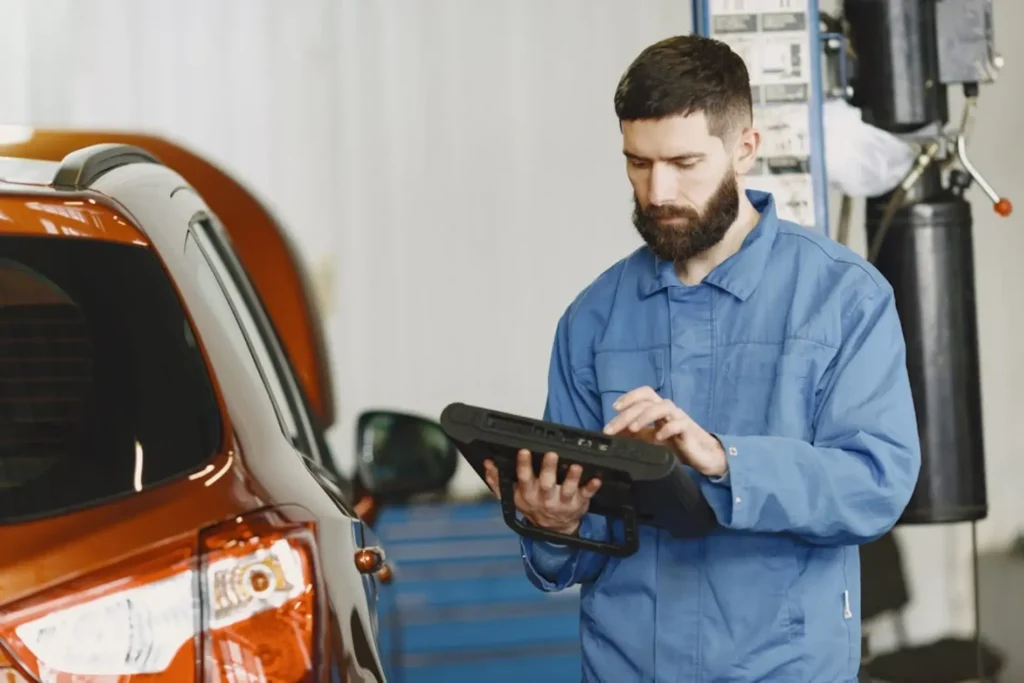
Can a Hybrid Run on Gas Only?
Yes, a hybrid car can run on gas only, and that’s part of what makes these vehicles so versatile. Whether you’re running low on battery, taking long road trips, or facing cold weather, the gasoline engine ensures you’re never stranded. While running on gas alone is less efficient than using both power sources, hybrids still offer excellent fuel economy compared to traditional cars.
Hybrid cars continue to reshape the automotive market, offering a reliable and efficient alternative to traditional vehicles. While hybrids can rely on gasoline alone, their real advantage lies in the seamless combination of electric and gas power. This flexibility makes them ideal for both daily commuting and long-distance travel. As technology advances, hybrids will remain a key part of the evolution of sustainable transportation, providing drivers with practical, eco-friendly options for years to come.

